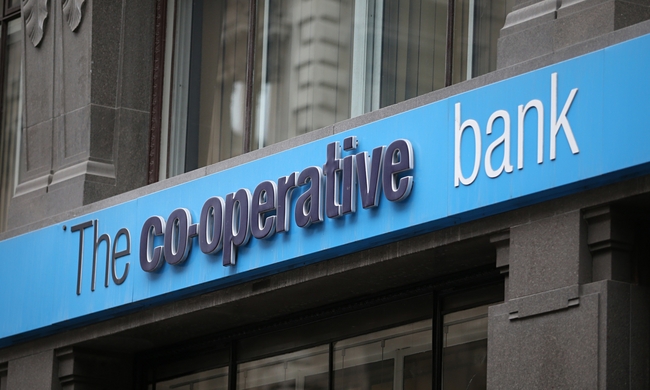The extraterritorial nature of the blockade: Bank account closures in the UK
Granma | Friday, 4 March 2016 | Click here for original article

THERE are many examples of the extraterritorial character of the economic, commercial and financial blockade imposed by the United States against Cuba for over half a century. The cases range from multi-million dollar fines against banks or companies for doing business with Cuba, to the refusal to provide services to persons or entities that have some link with the island.
A clear example of this policy is the closure of the bank accounts of the Cuba Solidarity Campaign (CSC) in the UK, following the takeover of the Co-op Bank by U.S.-based hedge funds.
Other organisations with links that could be considered contrary to United States foreign policy interests, such as the Palestine Solidarity Campaign, have also faced account closures since the Co-op Bank was bailed out by the U.S. funds.
The irony is that many campaign groups banked with the Co-op on principle, precisely because of its supposed ethical credentials.
In a statement released following the closure, CSC Director Rob Miller said it was “no coincidence,” that the closures occurred following the bailout.
“It was done unilaterally. The national campaign has had all its accounts closed. We find it unethical and unacceptable,” Miller stated, noting that “We have consulted lawyers and have not ruled out legal action.”
CSC wrote to the bank on several occasions requesting an explanation, but the Co-op Bank limited its response to stating that the closure was due to it “changing its risk appetite.” As such, the bank indicated that it now considers Cuba to be a “high risk location.”
Recently, the Daily Mirror referred to the “secret international blacklist” that can leave account holders locked out of their bank account. One of the examples offered by the tabloid was the case of the CSC, quoting its director, “The Co-op Bank has finally admitted that the closure of the Cuba Solidarity Campaign's bank accounts is a direct result of the United States blockade policies against Cuba.”
Miller added that “The fact that such an historic and proudly independent British institution, renowned for its ethical banking, has been forced to adopt U.S.-imposed policies is an affront to us all.”
Despite the reestablishment of diplomatic relations between Cuba and the U.S., in addition to the ongoing process of the normalisation of bilateral relations, the blockade and its extraterritorial nature continue to impact the Cuban economy and obstruct entities seeking to build ties with the island.
This example of the extraterritorial application of the blockade also ignores the fact that the British government has full diplomatic relations with Cuba, promotes trade with the island and has signed a number of bilateral cooperation agreements.
The singling out of organisations whose sole interest is to work in solidarity with Cuba, underscores, yet again, the scope of the blockade and the need to end this genocidal policy once and for all.






